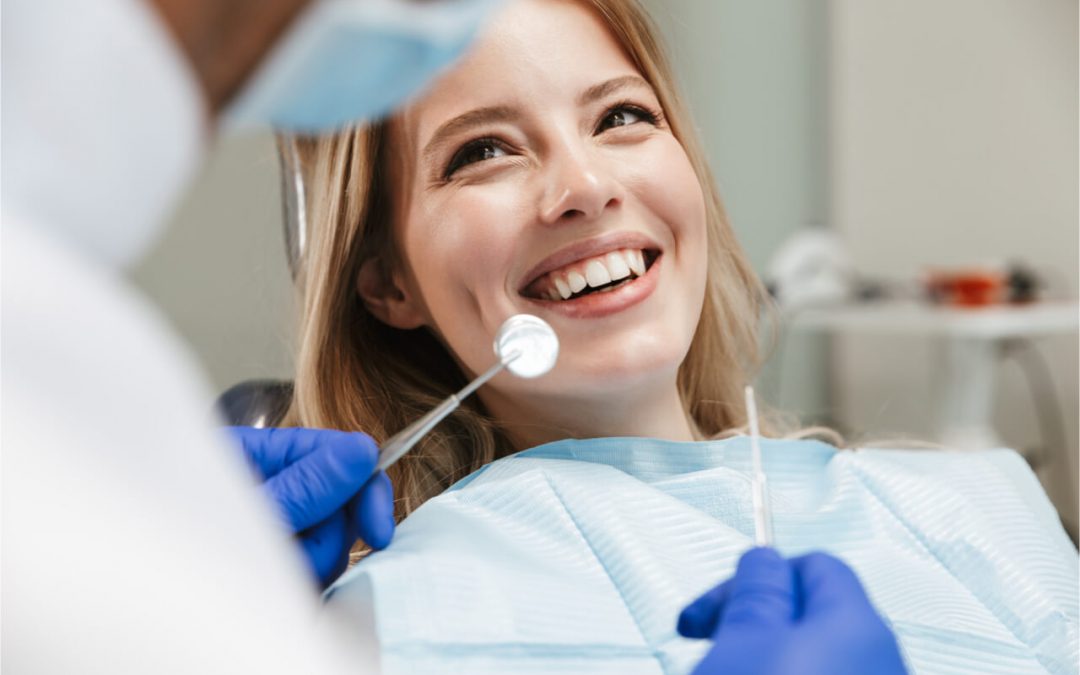If you’re like most people, you are going to the dentist makes your skin crawl. But what if there was a way to make the experience less painful? Dental anesthesia is one way to make your visit more comfortable. This blog post will discuss how long dental anesthesia takes to wear off and what you can do to prepare for your appointment.
What is dental anesthesia?
Dental anesthesia is a medication used to numb the area around your teeth. The anesthetic is delivered through an injection site inside the mouth. This can be helpful if you have a toothache or are getting a filling. It can also help if you’re getting your wisdom teeth removed. Dental procedures require Local anesthetics to reduce pain in the treatment area. Anesthesia blocks pain signals from the nerves in the area. This will make you feel numb and sleepy.
When is Anesthesia required in dental treatments?
Anesthesia may be required for a variety of dental procedures, including but not limited to:
-Cavity fillings
-Dental implants
-Tooth extractions
-Root canals
How long does the numbness last after the dentist?
Usually, the numbness will last for a few hours after your appointment. However, it can last for up to 24 hours in some cases. If you feel discomfort or pain after the anesthesia has worn off, get in touch with your dentist immediately.
What can I do to prepare for my appointment?
There are a few things that you can do to prepare for your appointment. First, make sure that you eat a light meal before your work. This will help reduce the risk of nausea after the anesthetic medication has worn off. Second, make sure that you drink plenty of water in the days leading up to your appointment. This will help to flush out any impurities from your system and ensure that you are adequately hydrated.
How do I get rid of numbness after a dental procedure?
There is no specific way to get rid of the numbness after a dental procedure. However, there are a few things that you can do to help speed up the process. First, drink plenty of water and eat light meals. This will help to flush out any impurities from your system and promote healing. Second, avoid caffeine and alcohol in the days following your appointment. These substances can hinder the healing process and prolong the effects of the anesthesia.
If you are experiencing discomfort or pain after your appointment or have dental anxiety before your work, be sure to get in touch with your dentist immediately. Dental anesthesia can take time to wear off completely, but you should be feeling back to normal in no time with proper care!
What is Novocaine?
Novocaine is a type of Local anesthetic used to numb the gums and mouth. It can be used for both routine check-ups and more complex procedures. Novocaine is administered through a syringe and typically lasts for a few hours after your appointment.
What is Lidocaine?
Lidocaine is another type of Local anesthetic used to numb the gums and mouth. It can be used for both routine check-ups and more complex procedures. Lidocaine local drug is administered through a spray or gel and typically lasts for several hours after your appointment. With the administration of the anesthetic medication, you will start to feel a numbing sensation in the injection area and related areas.
If you are experiencing discomfort or pain after your appointment, be sure to get in touch with your dentist immediately. Dental anesthesia can take time to wear off completely, but you should be feeling back to normal in no time with proper care!
How long does the anesthesia stay in your system?
Dental anesthesia can stay in your system for up to 24 hours. How long the local anesthetic lasts will depend on the anesthesia used. Novocaine typically lasts for a few hours, while lidocaine can last several hours.
Is dental anesthesia safe?
Dental anesthesia is generally safe for most people. However, there are a few risks that you should be aware of. These include:
-Allergic reactions
-Nausea and vomiting
-Dizziness
-Rash
If you experience these symptoms after your appointment, immediately get in touch with your dentist. With proper care, the effects of dental anesthesia should wear off within a few hours. At-home remedies that you can apply a warm compress at the injection site. Using heat on any part of the body will increase blood flow and cause the anesthetic to wear off faster.
What are the types of Dental anesthesia?
The two common types of dental anesthesia include General anesthesia and local anesthesia. General anesthesia is a type of anesthesia that renders you unconscious and is typically used for more complex procedures.
Local anesthesia is a type that numbs the area around the tooth being treated and is typically used for routine check-ups, unlike general anesthesia, which is used for more extensive surgical procedures and sedates the patient. If you are experiencing discomfort or pain after your appointment, be sure to get in touch with your dental practice immediately. Dental anesthesia can take time to wear off completely, but you should be feeling back to normal in no time with proper care.
What are the side effects of Dental anesthesia?
The side effects of dental anesthesia can vary depending on the type of anesthesia used. Novocaine typically causes minor side effects such as nausea and vomiting. Lidocaine can cause a burning sensation in the mouth, but this generally subsides after a few minutes.
Side effects of general anesthesia
-Drowsiness
-Nausea and vomiting
-Dizziness
If you experience any of these side effects after your appointment, get in touch with your dentist immediately. Dental anesthesia can take time to wear off completely, but you should be feeling back to normal in no time with proper care.
Dental anesthesia can vary depending on the type of anesthesia used. Novocaine typically begins working within a few minutes. Lidocaine can take up to 30 minutes to work.
How do you deal with the side effects of Anesthesia?
If you experience any side effects from dental anesthesia, there are a few things that you can do to help ease the symptoms.
-Drink plenty of fluids
-Eat light and bland foods
-Avoid alcohol
-Take over-the-counter medications such as ibuprofen or acetaminophen if you are experiencing pain or discomfort.
References:
https://www.webmd.com/oral-health/controlling-dental-pain





